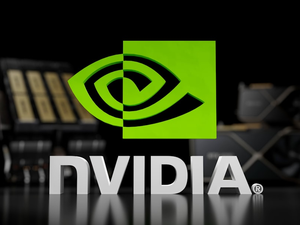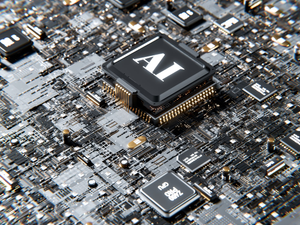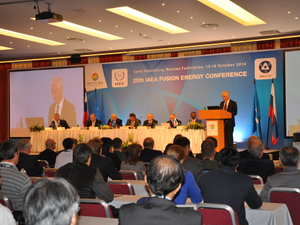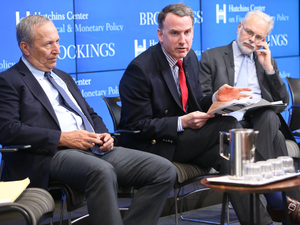Tech Giants Nvidia and AMD Strike Controversial Deal with US Government Over China Chip Sales

Photo by Zikang Zhou on Unsplash
In a surprising move that’s stirring up debate in the tech world, Nvidia and AMD have agreed to hand over 15% of their semiconductor sales revenue to the US government as part of a complex negotiation to resume selling advanced AI chips to China.
The deal comes after the Trump administration halted chip exports to China in April, citing national security concerns. While Nvidia and AMD have been pushing to regain access to the massive Chinese tech market, the new arrangement raises significant questions about the intersection of technology, trade, and geopolitical strategy.
President Trump reportedly negotiated the terms directly with Nvidia’s CEO Jensen Huang, originally seeking 20% of sales revenue before settling on 15%. Nvidia has been vocal about the potential economic impact, warning that strict export controls could cost them $5.5 billion and potentially push other countries toward Chinese AI technology.
Critics are raising serious concerns about the deal. Representative Raja Krishnamoorthi, a key member of the House Select Committee on China, argues that the arrangement looks more like a “creative taxation scheme” than a genuine national security policy. Derek Scissors, a China expert at the American Enterprise Institute, has even questioned the constitutionality of the agreement, suggesting it might be an unprecedented and potentially unsustainable approach to export controls.
The broader context of this deal relates to the ongoing technological competition between the United States and China. Advanced semiconductor chips are crucial for developing artificial intelligence, and both nations are racing to maintain technological supremacy. The emergence of China’s DeepSeek AI chatbot in January has only intensified these tensions.
While Nvidia maintains that they are simply following government regulations and hope to keep America competitive in global markets, the deal highlights the complex negotiations happening behind the scenes of international tech trade. As AI and semiconductor technologies continue to evolve, such diplomatic and economic maneuvers will likely become increasingly common.
The long-term implications of this arrangement remain uncertain, but one thing is clear: the battle for technological leadership is as much about policy and negotiation as it is about innovation.
AUTHOR: cgp
SOURCE: NBC Bay Area


















































